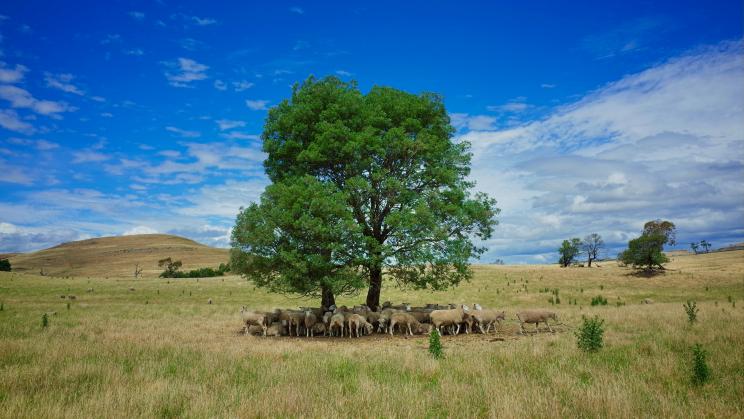Climate change and food security
This project focuses on the linkages between food, security and climate change. It is part of a larger effort by SIPRI and its partner, the World Food Programme (WFP), to better understand the role of food security in peacebuilding.
This research has produced several reports and is now in its second phase where other thematic issue areas are unpacked. SIPRI’s Climate Change and Risk Programme contributes to this second phase of the work by encorporating climate change as one of the analytical themes. Some of the WFP’s most complex programmess are in places where people are caught between climate-related problems and violent conflict. The objective of this research is to explore if and how the WFP’s climate-related programming is mitigating conflict risk, including both the challenge of conflict-sensitive programming and the WFP’s role in longer-term peacebuilding efforts against the backdrop of negative climate trends.
The project will also assess how the WFP’s work fits with the efforts of other actors and ask whether and how it might better support and collaborate with local, national and international partners. The research will inform the WFP’s understanding of conflict- and climate change-related analysis and resulting specific country needs, and how to address these through the WFP’s Country Strategic Plans. Further, it will lay a foundation for building the WFP’s ability to define its role in inter-agency commitments to conflict-, security- and climate-related issues, in line with its role to provide support to the UN Climate Security Mechanism. New partnerships will also be persued that will aim to leverage climate-related programmes for collective outcomes and contributions to improve the prospects for peace. Finally, project will also contribute to a fuller understanding of the dimensions of the current and upcoming challenges to human security and international stability.
